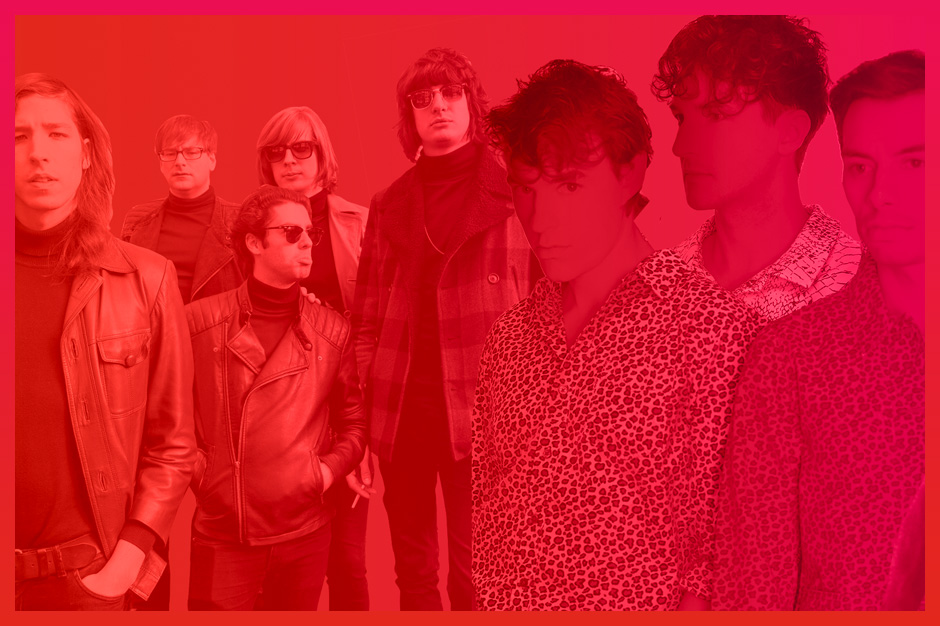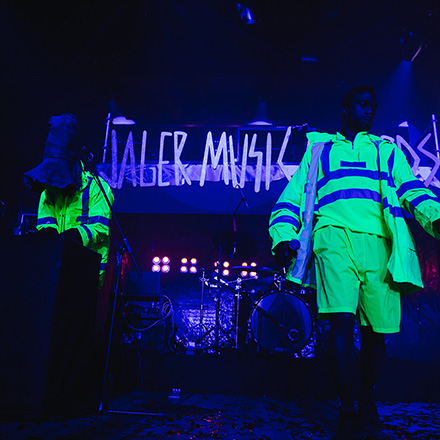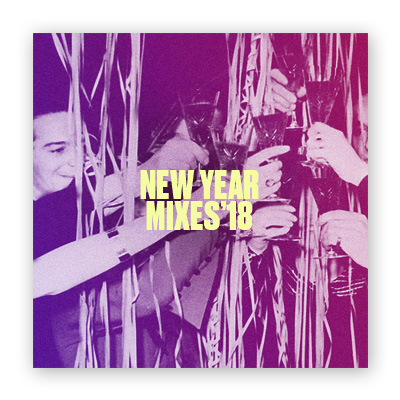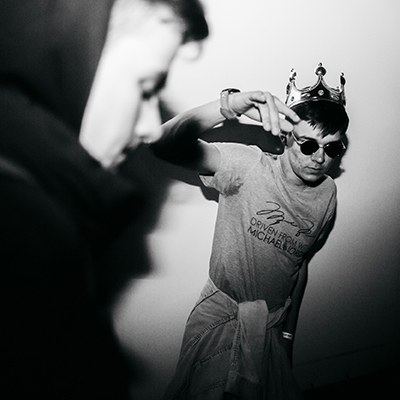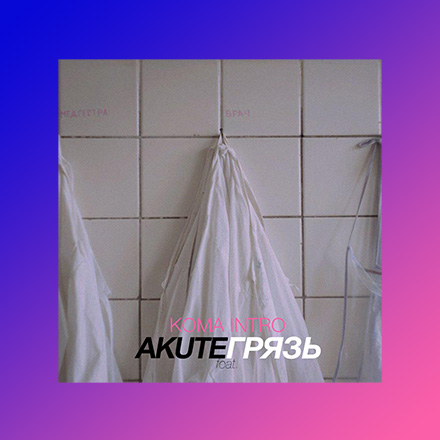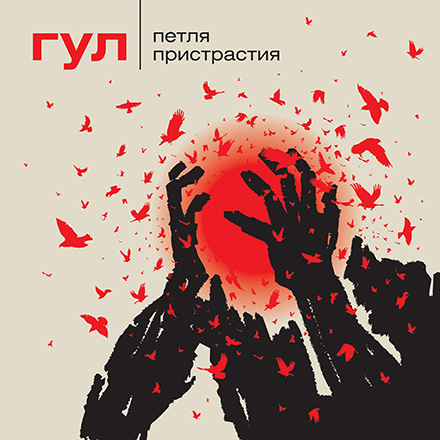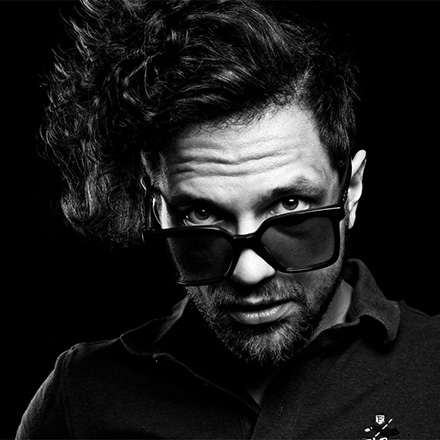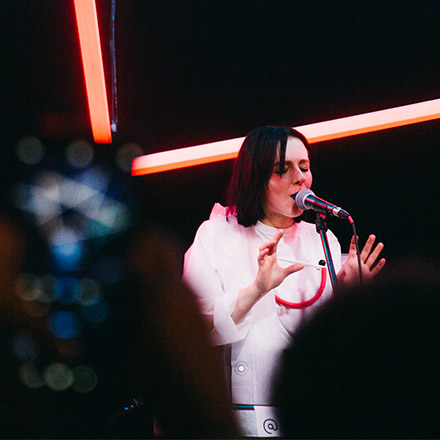- ЧЫТАЦЬ ПА-БЕЛАРУСКУBEL
- READ IN ENGLISHENG
Усходняя Еўропа становіцца ўсё больш прывабнай не толькі для заходніх, але і мясцовых менеджараў, якія пачынаюць бачыць яе крэатыўны патэнцыял. Мы пагутарылі з Рэнатам Хорватам, адным з заснавальнікаў венгерскай ліцэнзійнай кампаніі Eastaste, а таксама арганізатарам Budapest Showcase Hub, пра тое, як прадаваць сваю музыку брэндам, чаму лепей гастроліць у суседніх краінах і як Будапешт стаў музычным асяродкам Усходняй Еўропы.
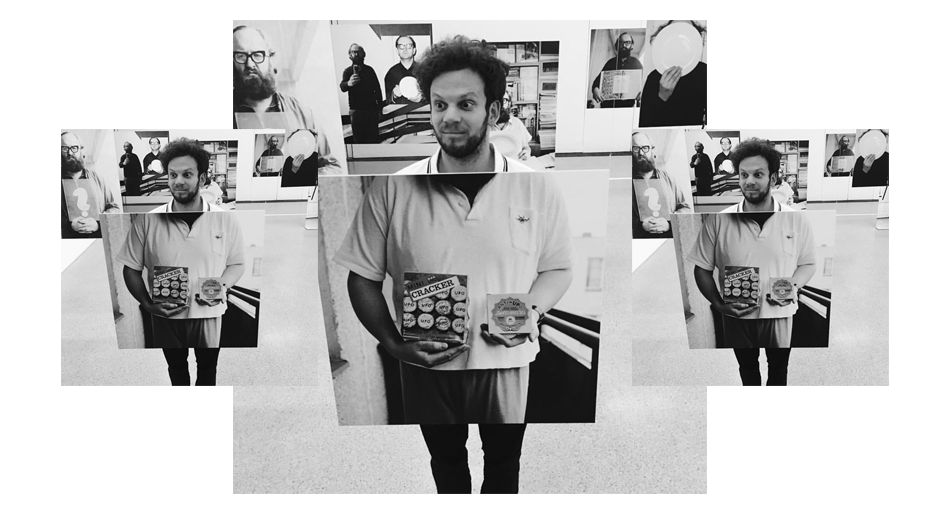
Eastaste – агенцтва музычнага ліцэнзавання ў Венгрыі, заснаванае ў 2012 годзе. Eastaste палюе на лепшыя трэкі з Усходняй Еўропы і размяшчае іх на сваім сайце, каб прадаць далей камерцыйным брэндам, якія размяшчаюць іх на ТБ, у кіно, рэкламе і прамацыйных роліках. Акрамя таго, кампанія пераўтварылася ў велізарную сетку гуртоў, менеджараў, букераў, кліентаў і ўсіх тых, хто мае дачыненне да музычнай індустрыі.
Музыка на продаж
– Eastaste стала своеасаблівым мостам паміж выканаўцамі і менеджарамі з Усходняй Еўропы і вытворчымі кампаніямі ад Індыі да Амерыкі. Як вы знаходзіце новых артыстаў?
– Звычайна мы шукаем англійскія сайты з добрым густам у музыцы, якія пішуць пра мясцовую сцэну, а таксама вывучаем фестывалі. І як толькі гэты працэс пачаўся, мы пераходзім ад аднаго добрага гурта або лэйбла да іншых. Акрамя таго, калі мы працавалі з нейкім менеджарам або лэйблам раней, яны таксама падкідваюць нам сваіх новых падпісантаў – таму заяваў у нас багата. У далейшым, калі нам падабаецца гурт з пункту гледжання музычнага ліцэнзавання, мы робім з ім дамову і адпраўляем кантракт, дзе кожны, хто мае правы на музыку, згадваецца. Такім чынам, мы робім профіль бэнда на сайце і выбіраем песні, якія нам падабаюцца або, на наш погляд, могуць быць выкарыстаны кампаніямі. Мы далучаем шмат тэгаў да песні: яе настрой, жанр, інструменты і вакал, каб патрэбны трэк можна было лёгка знайсці ў нашым каталогу. Але, як правіла, рэкламныя агенцтвы і прадакшн-кампаніі адпраўляюць нам брыф ці спасылачную песню, якую яны не могуць набыць з прычыны высокага кошту. І мы спрабуем прапанаваць ім нешта падобнае з нашага каталога.
У музычным ліцэнзаванні самае галоўнае – мець правы. Мы бяром на сябе адказнасць прадстаўляць музыку на нашым сайце, а таксама прапаноўваць яе розным камерцыйным кампаніям, спадзеючыся, што яна прыйдзецца ім даспадобы. Калі брэнды згаджаюцца набыць песню, усім кампазітарам, лэйблам і іншым яе праваўладальнікам дасылаюцца грошы.
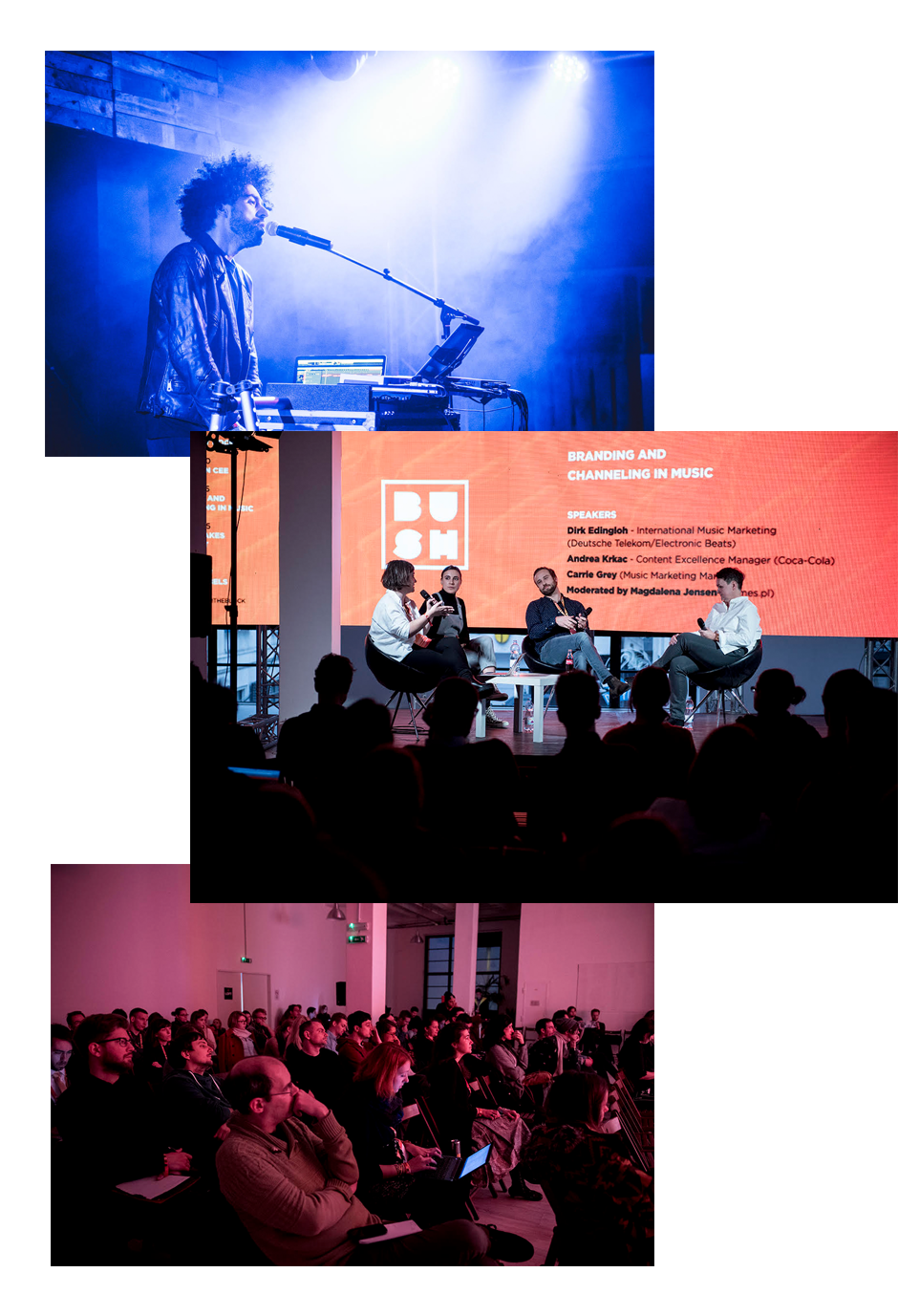
– Ці добра прадаюцца арыгінальныя трэкі камерцыйным брэндам?
– Так, вельмі добра! Напрыклад, мы прадалі песню румынскага гурта Moonlight Breakfast кітайскай кампаніі GAP, зрабілі парфумерную кампанію з песняй польскага гурта Babadag у Індыі, нават прадалі адну рускую песню рускай рэкламе. Наш рынак распаўсюдзіўся па ўсім свеце. Калі музыка сама па сабе класная, то, як і з відэа, не мае значэння, адкуль яна.
Ва Усходняй Еўропе гэта толькі пачынае развівацца, і зараз усё больш і больш кампаній пачынае выкарыстоўваць трэкі гуртоў замест стокавай музыкі, якая вырабляецца спецыяльна для камерцыйных мэтаў. Стокавая музыка таннейшая і, верагодна, наш галоўны канкурэнт, але часам мае сэнс набыць арыгінальную песню і заплаціць гурту, калі яна адмыслова падыходзіць пад праект.
– Зараз, калі людзі, як правіла, стрымяць музыку замест таго, каб купляць яе, ці можа рэклама стаць галоўнай крыніцай прыбытку для музыкаў?
– Галоўнай наўрад ці, але дадатковай – так. Асабліва калі ўявіш, колькі серыялаў, тэлеперадач, фільмаў, рэкламы і іншых відаў кантэнту, які мае патрэбу ў музыцы, сёння вырабляецца. І яго становіцца толькі больш. Свет становіцца больш галодным на кантэнт, чым калі-небудзь раней. Калі табе пашанцуе, ты зможаш знайсці буйныя кампаніі з вялікімі грашыма. Але ты не можаш спадзявацца на іх у якасці стабільнага прыбытку, таму што ў асноўным усё ж такі гэта невялікія праекты. Аднак гэта ўсё роўна выдатны бонус: ты можаш сядзець дома – і раптам твая музыка прадаецца на ТБ!
Музычны хаб
– 15–17 лістапада гурты з 30 краін выступяць на Budapest Showcase Hub (BUSH), які адбудзецца ўжо другі раз. Распавядзі пра ваш шоукейс-фестываль.
– Eastaste дапамагла нам стварыць і развіць шмат сувязяў. Таму мы былі проста абавязаны зрабіць нешта такое, што ў рэшце рэшт пазначыць наш рэгіён на музычнай мапе і заявіць пра сябе. Мы вырашылі арганізаваць шоукейс-фестываль з канферэнцыяй, насычаным нэтворкінгам, майстар-класамі, панэльнымі размовамі і дыскусіямі. На BUSH мы прадстаўляем увесь рэгіён як адну краіну, таму што гэта тое, што людзі з Заходняй Еўропы і Амерыкі звычайна пра нас думаюць. Музыкі павінны ездзіць за мяжу: яны не могуць зарабляць на жыццё толькі дома. І лагічным крокам для іх будзе паехаць у суседнюю краіну. Гурты, з якімі звычайна працую я, сапраўды галодныя на турнэ за мяжой, на замежных менеджараў і арганізатараў фестываляў.
«Музыкі павінны ездзіць за мяжу: яны не могуць зарабляць на жыццё толькі дома»
Акрамя таго, ва Усходняй Еўропе не так шмат шоукейсаў. У Славеніі мы маем Мent, у Эстоніі – Tallinn Music Week, Spring Break у Познані і Waves у Вене. Аднак большасць з іх канцэнтруюцца на мясцовых гуртах, а BUSH засяроджваецца на коле краін вакол, якія маюць прынамсі па 2-3 гурты, да якіх менеджары суседніх краін маглі б прыглядацца і запрашаць да сябе на радзіму.

– Як вы адбіраеце гурты для шоукейса?
– Наш метад адбору для BUSH даволі ўнікальны і дэмакратычны: мы просім музычных прафесіяналаў, якіх мы ведаем, – прамоўтараў, букераў, арганізатараў фестываляў, журналістаў – скласці спіс лепшых гуртоў са сваіх краін. Мы задаем намінантам (так мы іх называем) некаторыя ключавыя пытанні. Пасля канчатковага падліку робім топ-5 выступоўцаў з кожнай краіны, а затым просім намінантаў з іншых краін ацаніць іх. Гэта ўжо другі раўнд, пасля якога мы атрымліваем адзнакі замежных спецыялістаў для выканаўцаў. Такім чынам, гэта двайны працэс, у якім музыкі абіраюцца не намі, а айчыннымі і замежнымі прафесіяналамі.
Істэрн блок
– Ці можа Усходняя Еўропа канкурыраваць з паспяховым музычным рынкам Заходняй Еўропы і Амерыкі? Ці могуць нашы гурты стаць там папулярнымі?
– Часта нашы музыкі спрабуюць пакарыць Вялікабрытанію, Нідэрланды ці Нямеччыну, але пасля некалькіх тураў або фестываляў яны разумеюць: гэта патрабуе шмат часу і грошай, каб сапраўды чаго-небудзь дамагчыся. Тыя краіны ўжо перанасычаны гуртамі, таму амаль немагчыма вылучыцца на фоне такіх жа ўнікальных, цікавых і якасных гуртоў.
Я заўважыў, асабліва ў краінах Бенілюкса, наступнае: ім падабаецца своеасаблівы балканскі фолк і любая музыка з народнымі матывамі. Напрыклад, венгерскі гурт Bohemian Betyars, які вызначае сваю музыку як speed-folk freak-punk, выкарыстоўвае шмат традыцыйных інструментаў, але робіць гэта як рок-зорка. У гэтым выглядзе заходняя аўдыторыя згаджаецца: «Так, гэта тое, што вы можаце рабіць лепш за нас, таму што гэта ваша культура».
Зараз з’явілася іншая тэндэнцыя: гурты плануюць тур так, каб стаць вядомымі ў суседніх краінах. Менеджары пачынаюць разумець, што вывучэнне бліжэйшага рэгіёна мае больш сэнсу, чым заваяванне Вялікабрытаніі.
Напрыклад, венгерскія музыкі спрабуюць наведваць як мага больш замежных шоукейсаў. Яны звяртаюцца ў агенцтвы па музычным экспарце, якія распрацоўваюць для іх пэўную стратэгію, план туру і, магчыма, нават дапамагаюць нейкімі грашыма. Такія ініцыятывы падтрымкі музыкаў існуюць у Польшчы, Эстоніі, Славакіі. Напрыклад, венгерскі гурт Ivan & Parazol са сваім музычным стылем a-la Rolling Stones добра пакалясіў па ЗША і нават падпісаў дамову з букінг-агенцтвам у Германіі. Венгерскі электроншчык Route 8 выступае на буйнейшых фестывалях і ў самых вялікіх клубах Еўропы і Амерыкі. Ён таксама супрацоўнічае з нямецкім букінг-агенцтвам і англійскім лэйблам Lobster Theremin. Але самая гарачая рэч зараз – гэта эстонец Тоmmy Cash са сваёй іранічнай падачай галоўных стэрэатыпаў пра Усходнюю Еўропу, што вельмі добра рэзануе асабліва ў Вялікабрытаніі. Сярод іншых усходнееўрапейскіх выступоўцаў, якія здолелі зламаць сцяну, узгадаю латышскі індзі-гурт Carnival Youth, эстонцаў Ewert & The Two Dragons, палякаў Catz 'N Dogz.

– Як з’явіўся youtube-канал Newkidsfromthebloc?
– Ідэя #Newkidsfromthebloc з'явіліся падчас апошняга BUSH. Людзі пачалі выкарыстоўваць хэштэг, і мы падумалі, што ён уяўляе нашу ідэю пра тое, што ўсходнія еўрапейцы могуць шмат чаго дасягнуць разам. Мы пачалі паказваць сваю дзейнасць пасля шоукейсу – нашы новыя групы, іх выступы за мяжой, арганізацыю супольных канцэртаў, – каб людзі бачылі, што мы робім нешта практычнае пасля насычанага нэтворкінгу на BUSH. Newkidsfromthebloc таксама стаў брэндам, шырока распаўсюджаным у прэсе. Напрыклад, на Atlas Weekend у Кіеве быў цэлы дзень для Newkidsfromthebloc з шасцю гуртамі з Румыніі, Славеніі, Венгрыі і нават самой Украіны.
Мэта зноў жа – зрабіць нашу музычную культуру больш прывабнай для астатняй часткі свету і ахапіць патэнцыйны рынак. Мы размаўлялі з замежнымі менеджарамі, і ўсе яны разумеюць, пра што Newkidsfromthebloc.
Узыход Юпіцера
– Мяркуючы па колькасці музычных падзеяў, якія адбываюцца зараз у Будапешце, як, на тваю думку, Будапешт стаў музычным асяродкам Усходняй Еўропы?
– Будапешт стаў добрым турыстычным напрамкам за апошнія 3-4 гады дзякуючы танным квіткам, таму маладыя людзі з усяго свету прыязджаюць сюды, каб адпачыць і патусіць на выходных. Турысты прынеслі попыт на якасны сэрвіс – з’явілася шмат добрых бараў і рэстаранаў, крафтавых кавярняў. Ды і сам горад вельмі прыгожы.
«Зараз з’явілася іншая тэндэнцыя: гурты плануюць тур так, каб стаць вядомымі ў суседніх краінах»
Вось і людзі, якія наведваюць фестываль Sziget, як правіла, не з Венгрыі, а гурты, якія выступаюць там, у асноўным прыязджаюць з-за мяжы. Sziget стаў велізарным міжнародным фестывалем і арыентуецца ў першую чаргу на міжнародную аўдыторыю, для якіх венгерскія каманды не надта цікавыя. Такім чынам, людзі з Вялікабрытаніі, Францыі і Германіі прыязджаюць сюды, каб траціць менш грошай на квіток у параўнанні з коштамі ў сябе дома. Нядаўна спецыяльна на фестываль прыехаў цэлы цягнік з Нідэрландаў!
Але ў той жа час у Будапешце можна знайсці сапраўды крутыя невялікія фэсты з мясцовай музыкай. Горад стаў вельмі вялікім і цесным, і музычная індустрыя тут добра развіваецца, але людзі пачалі адчуваць прагу нечага больш душэўнага і хатняга. Маштаб такіх фестываляў меншы, яны могуць праходзіць дзе-небудзь у лесе або на прыродзе, але ты не адчуваеш сябе нібыта ў шалёнай хаатычнай вар’ятні, як звычайна гэта адбываецца на вялікіх фестывалях. Там можа быць толькі 5-10 тысяч людзей, але яны прыходзяць, каб слухаць менавіта венгерскія групы. Такі, напрыклад, фестываль Bankitó і Kolorado.
– Якую параду ты б мог даць нашым музыкам, якія ўсё ж такі жадаюць пакарыць Захад?
– Яны павінны быць дастаткова смелымі, каб ахапіць свой творчы патэнцыял, і мець больш упэўненасці ў сабе. І ствараць, ствараць кантэнт кожную секунду. Супрацоўніцтва з іншымі краінамі і музыкамі-аднадумцамі таксама вельмі важнае – ты не можаш у адзіноце змяніць увесь свет.
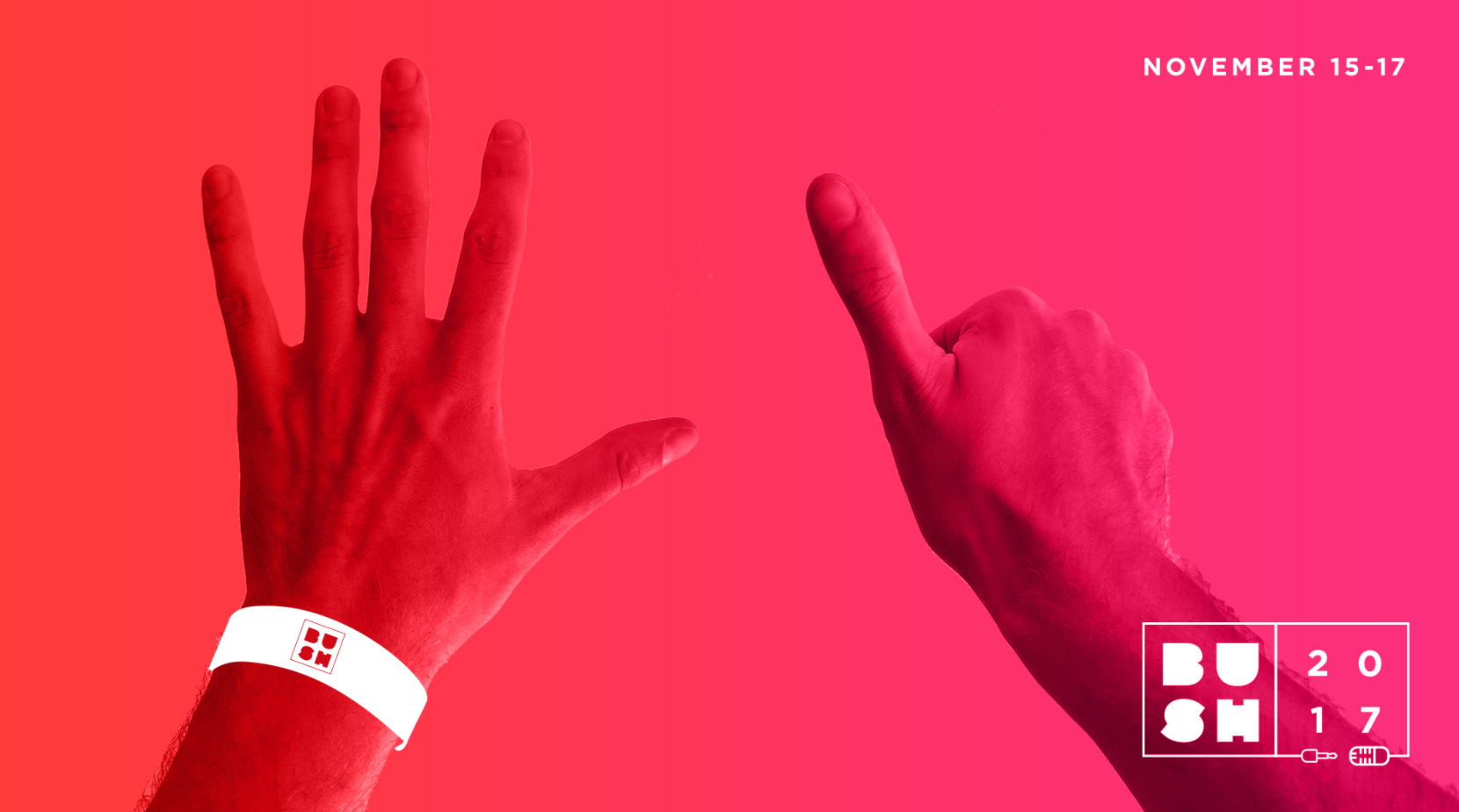
Eastern Europe is becoming more attractive not only for Western figures but local managers as well who start to see its rising creative potential. We had a conversation with Renato Horvath – one of the founders of the Hungarian licensing company Eastaste as well as the organizer of Budapest Showcase Hub. Having had experience in film production and band management, Renato is currently working in music licensing, passionately combining business and art supervision. Scroll down if you are curious how to make brands want your music, why neighboring countries are best to tour and how Budapest has become the music heart of Eastern Europe.

Eastaste is a music licensing agency from Hungary founded in 2012. Eastaste hunts for the best tracks from the Eastern Block and places them on their website to introduce to commercial brands that need particular music to deliver some sort of experience, tell a story or underline key emotions. Ads, promos, TV and movies have become a perfect platform for the Eastaste artists not only to get some additional profit but also to develop and experiment. Besides, the company itself is a huge network of bands, managers, bookers, clients and all those involved in music industry.
Music for sale
– Eastaste is bridging artists and managers from the Eastern Block and production companies from all around the world – from India to the US. Give us some insight about your music licensing routine.
– Generally, we search for English websites with good taste in music writing about local scene; we also scan through many festivals of the region. Once the process has started, we are getting from one good band or label to another. Besides, if we worked with some manager or label before they also pitch us their new bands so we have many submissions. Later, if we like the band in terms of music licensing we make an agreement with them and send a contract where everyone who has the rights for the music is mentioned. So we make the profile of the band and select the songs we like or think can be used by companies. We put a lot of tags to a song: what specific mood or genre it represents, what instruments and vocals it has – to make it searchable in our catalogue. But usually advertising agencies, production companies send us a brief or a reference song that they can’t buy because it’s too expensive so we try to offer them something similar from our catalogue. In the music licensing the most important thing is to have rights. We take the responsibility to represent music of a band on our website and pitch it to all kinds of commercial companies hoping they will like it. If they do and decide to buy the song, all the composers, labels and other right-holders are sent off the money.

– Is the idea of buying the original track by brands from music bands showing a good result?
– Yes, it’s working really well! For example, we sold a song from a Romanian band Moonlight Breakfast to Chinese company GAP, did perfume campaign with a song of a Polish band Babadag in India, and even sold one Russian band to a Russian commercial. Our market has spread all around the world. If the music is great it doesn’t really matter where it has come from.
It’s just developing in Eastern Europe, and now more and more companies are starting to use music from bands instead of stock music produced specially for commercial purposes. Custom music is cheaper and is probably our main competitor but sometimes you have to buy a song and pay the band when it’s specifically tailored to your project.
– So do you think that nowadays when people usually stream music instead of buying it, selling tracks to commercials can be the main source of income for musicians?
– Not the main one, but additional – yes. Especially if you think how many series, TV shows, movies, ads and all kinds of content produced need music. And it’s just more, more and more! The world is getting more content hungry than ever before. If you are lucky, you can find big companies with big money. But you can’t really rely on them as a stable income because most of the times you will engaged in smaller projects. Still a great bonus – you can be a musician sitting at home, and suddenly your music is sold for TV!
Music hub
– On the 15-17th of November bands from 30 countries will perform at Budapest Showcase Hub (BUSH) that is happening for the second time. How did you come up with the idea to create a music showcase?
– Eastaste has helped us to develop and build up many connections in the region. So we thought we should do something else together that would help to put the region on the map. We thought it would be great to organize an event that would be partly a showcase festival where we would feature many cool bands from Eastern Europe as well as have a conference part with much networking, many workshops, keynotes and panel talks. We also thought that we could present this whole region as a whole country because this is what people from Western Europe and America usually think about Eastern part of the continent. So the idea behind BUSH is to represent music from Eastern Europe and to make connections inside of it too – because bands should go abroad, they can’t make a living at home only. The logical step for them will be to go to a neighbor country. The bands I usually work with are really hungry for going abroad and meeting these new managers and festival organizers.
“Bands should go abroad, they can’t make a living at home only”
Besides, there are not so many showcases like that in Eastern Europe. For example, in Slovenia we have Ment, Tallinn Music Week in Estonia, Spring Break in Poznan, or Waves in Vienna. However most of them tend to concentrate on their local bands. In BUSH we’ve decided to make a really broad range of countries having at least 2-3 bands from each of them so that professionals from music industry of neighbor countries would watch them and later might give invitations.

– How do you choose the bands for the showcase?
– Our method of band selection for BUSH is quite unique and democratic: we ask music professionals from the region that we know – promoters, bookers, festival organizers, journalists and others–to give us a list of the best bands from their homelands. We ask the nominators (this is how we call them) some core questions on which the selection process is based. After the final counting we make top 5 bands from each country and then we ask nominators from other countries to rate them. This is the second round after which we get the opinion about bands from foreign professionals. So, it’s like a double process where bands are handpicked not by us but by professionals from both domestic and foreign countries.
Eastern block
– Can we compete with successful music market in the UK, Germany and America? Do you see the potential for our bands outside of Eastern Europe?
– Many bands are trying to go to the UK, Netherlands or Germany, but after several tours or festivals they understand that it takes much money and time to achieve anything in these countries because they are already so oversaturated and flooded with their own bands. They also can’t reach the breakthrough because it’s hard to stand out there, be super genuine, unique and interesting for the crowd or marketing. What I see, especially in Benelux countries, is that they like this sort of folkish, Balkan folk theme. For example – the Hungarian band Bohemian Betyars self-described as speed-folk freak-punk. They use a lot of traditional instruments but in the way crazy rock stars do. In this kind of music Western audience can somehow believe, like, “yes, guys, this is something you can do best because it’s from your culture”.
So now there is a trend when bands are looking to tour and become famous in neighbor countries. Managers start to realize that it makes much sense to study the near region rather than break into the UK.
For example, Hungarian musicians try to go to more showcases, they apply for music export office funds that will support them with proper strategy, tour plan and maybe some money. And there are many initiatives like that in Poland, Estonia, Slovakia to support bands to travel more. For example, Ivan & The Parazol with their Rolling Stones kind of music managed to tour quite a lot, performed in the US and even got a booking agency in Germany. From the electronic side, I would mention Hungarian Route 8 that performs at the biggest festivals and in the biggest clubs of Europe and America and got a booking agency in Germany and is signed by an English label Lobster Theremin. But the hottest thing now is Tommy Cash from Estonia with his ironic twist in playing around main stereotypes people usually have about Eastern Europeans, which resonates very well, especially in the UK. Among other Eastern European artists who have managed to break the wall are Latvian indie band Carnival Youth, Estonians Ewert & The Two Dragons, Polish Catz 'N Dogz.

– How did you start the YouTube Channel Newkidsfromthebloc?
– The idea of #Newkidsfromthebloc appeared during the last BUSH. People just started to use the hashtag and we thought it represented the idea that these Eastern Europeans can achieve a lot together. So we’ve started to show our activities after the showcase during the year – our new bands, their performances abroad, managers organizing gigs together – so people can see we are doing something practical after building the connections at BUSH. Newkidsfromthebloc has also become a brand widespread in press. For example at the Atlas Weekend in Kiev we had the whole day for Newkidsfromthebloc with our six bands from Romania, Slovenia, Hungary and even Ukraine.
The aim is again the same – to make our music culture look cooler for the rest of the world and embrace its potential market. We talk to foreign managers, and they all understand what Newkidsfromthebloc is about.
Jupiter Ascending
– Judging by the number of music events happening in Budapest, how can you explain that Budapest has somehow become the music pulse of the Eastern Europe?
– Budapest has been a good tourist destination for the last 3-4 years. Travelling has become really cheap so young people from all over the world come here to have fun and party over a weekend. Tourists have brought the demand for good quality service – nicer bars and restaurants, specialty coffee spots… The city itself is very beautiful with its castles and two sides.
“Now there is a trend when bands are looking to tour and become famous in neighbor countries”
So the people who visit Sziget are usually from outside of Hungary because the bands who perform there are mostly famous foreign artists. Sziget has become a huge international festival and primarily serves an international audience for whom local bands are not so attractive. So people from the UK, France, and Germany come here to spend less money on the ticket for the bands they like but can’t afford to see in their home countries. Recently there was a whole train coming from the Netherlands specially for the festival!
But at the same time, one can find really cool small festivals with local music in Budapest. The city has become really big and busy, and there is much music marketing going on here, so people started to feel the void for something more soulful and home-felt. The scale of these local festivals is smaller – they might take place somewhere in the forest or in the nature – but you don’t feel as if you are in this crazy chaotic madhouse as you usually do at big festivals. There may be just 5-10 thousands of people, but they come to listen to Hungarian bands only. For example Bankitó festival and Kolorado festival.
– What advice can you give to Belarusian musicians to become successful abroad and make a good career there?
– They should be brave enough to embrace their creativity and gain more confidence. And create, create content every second. Cooperation with other countries and like-minded musicians is also very important – you can’t change the world alone.

